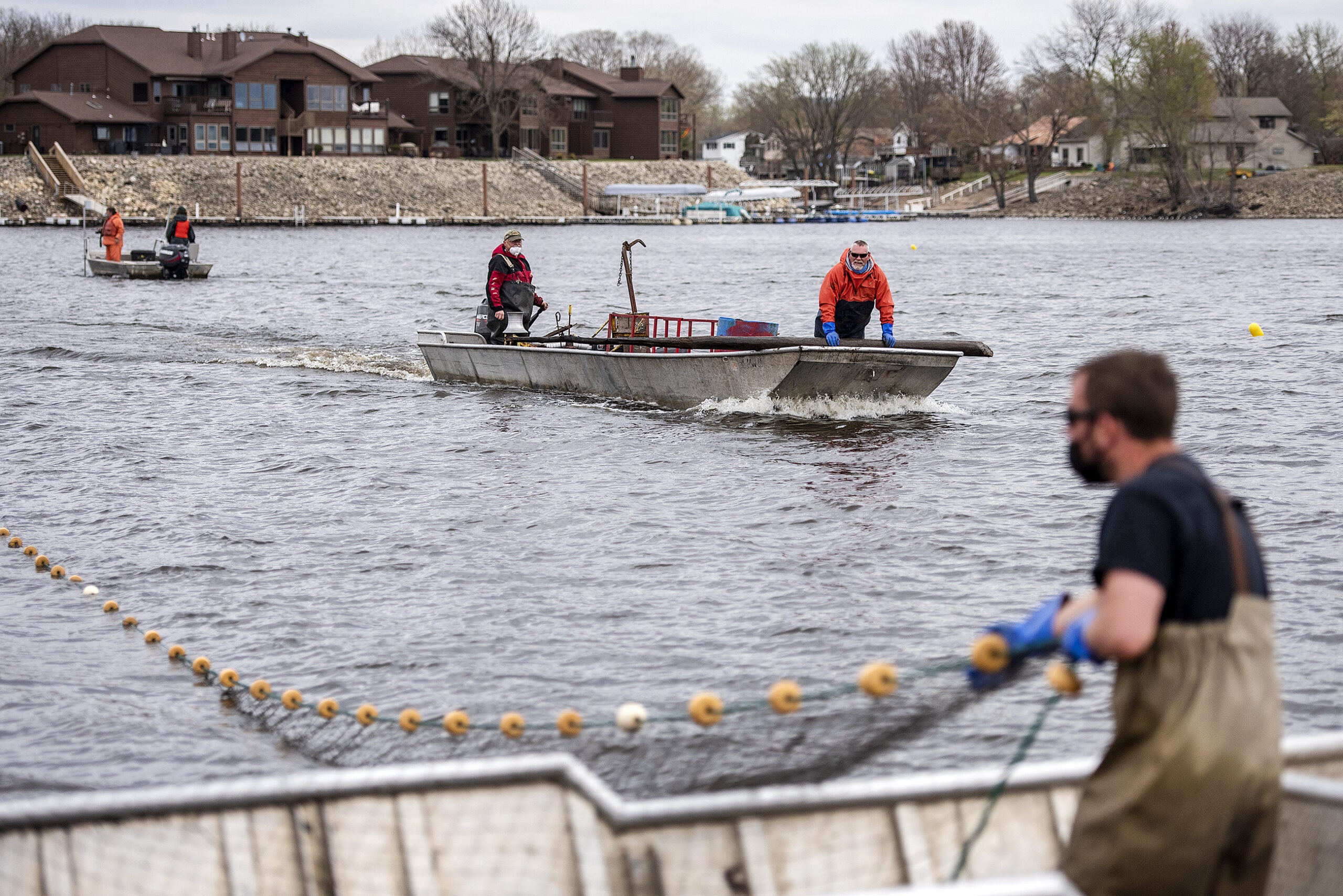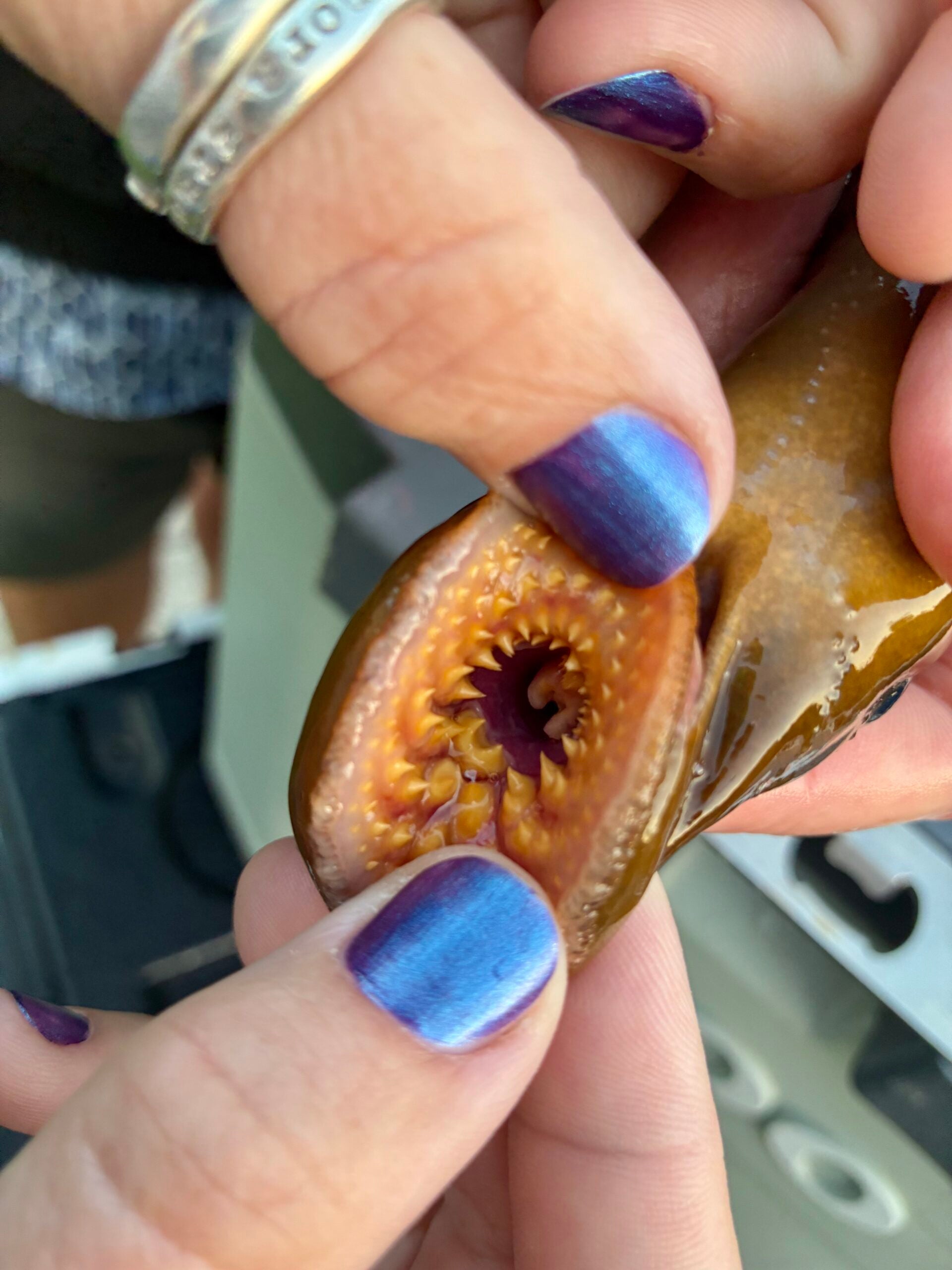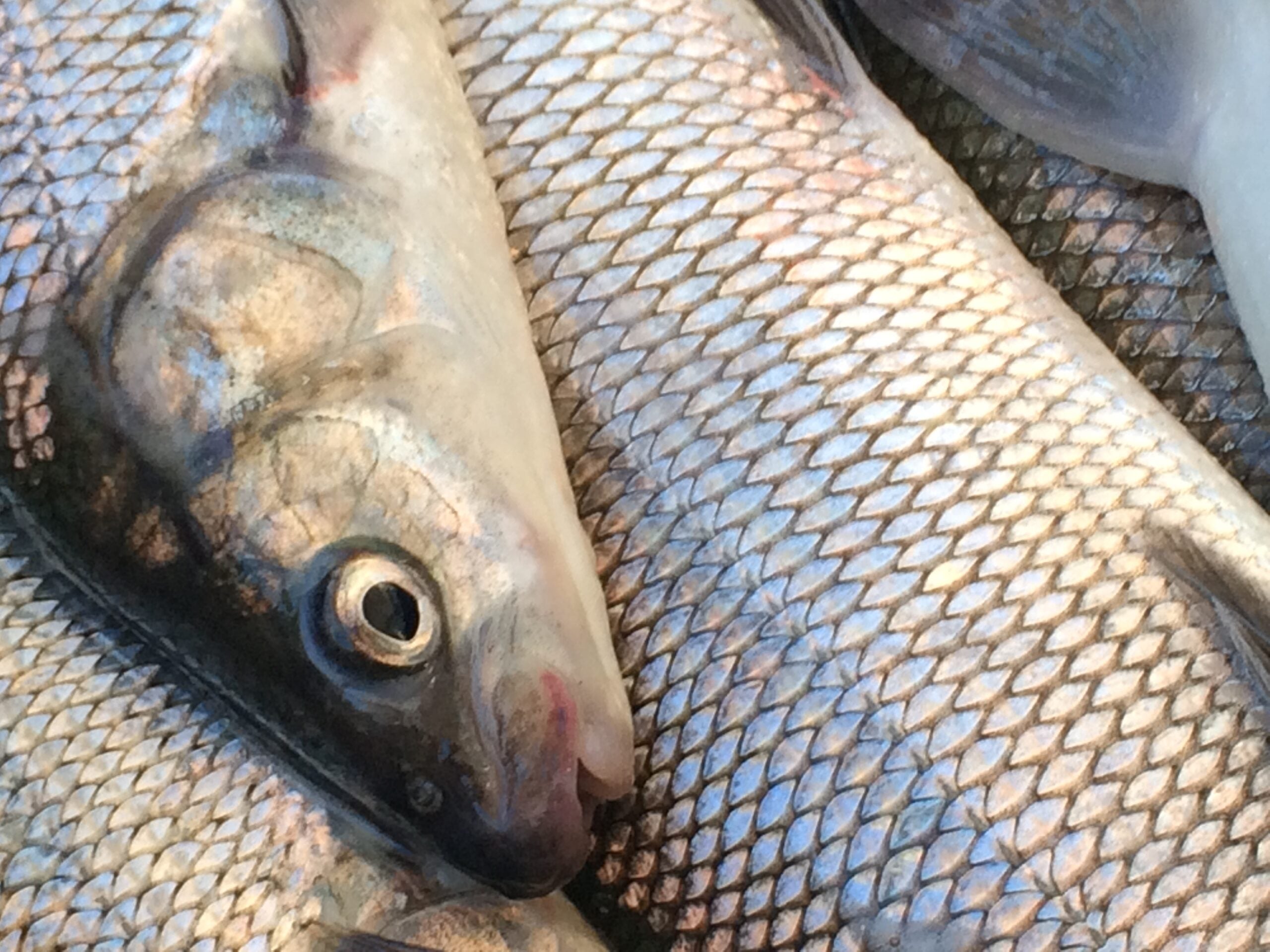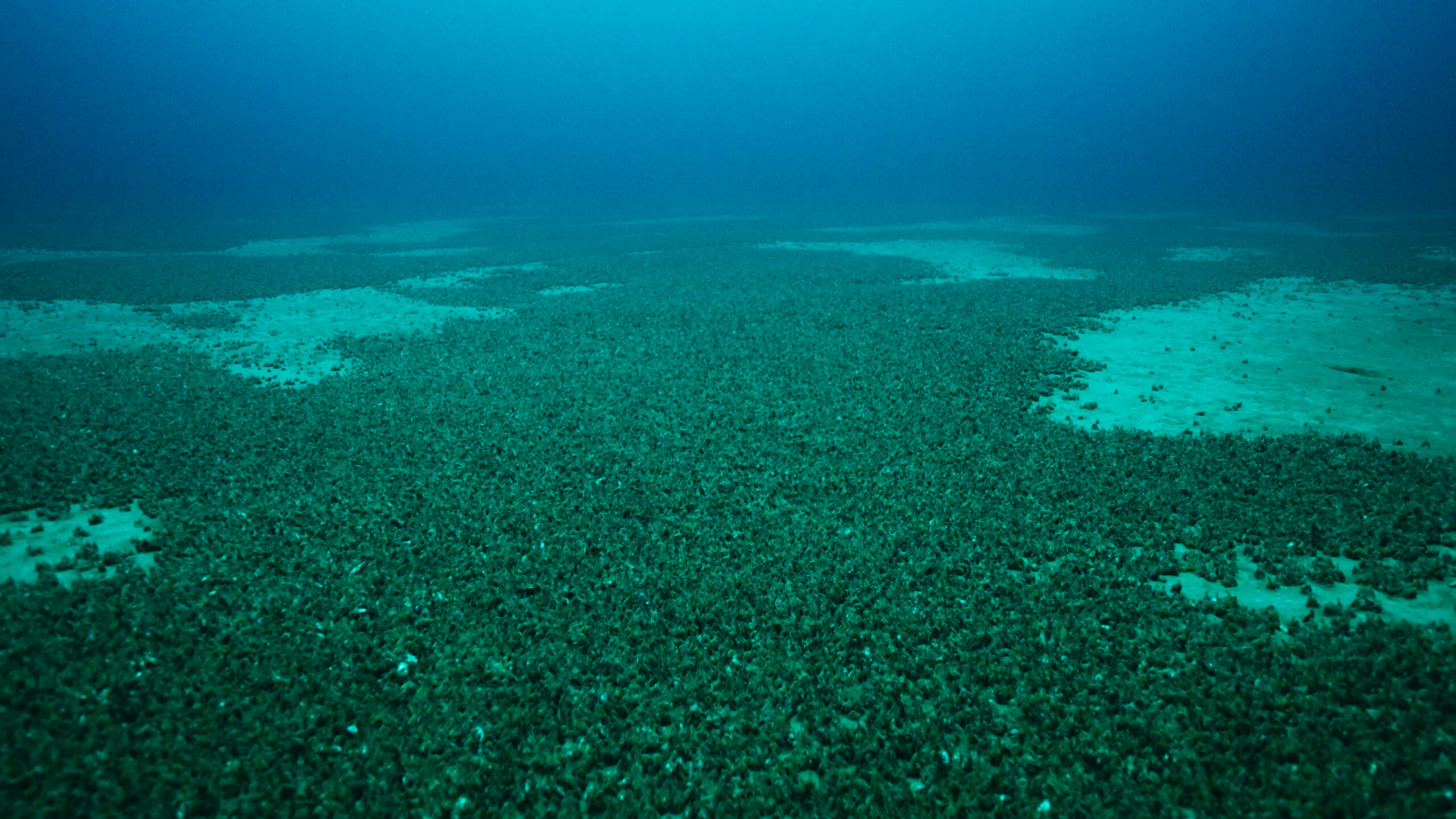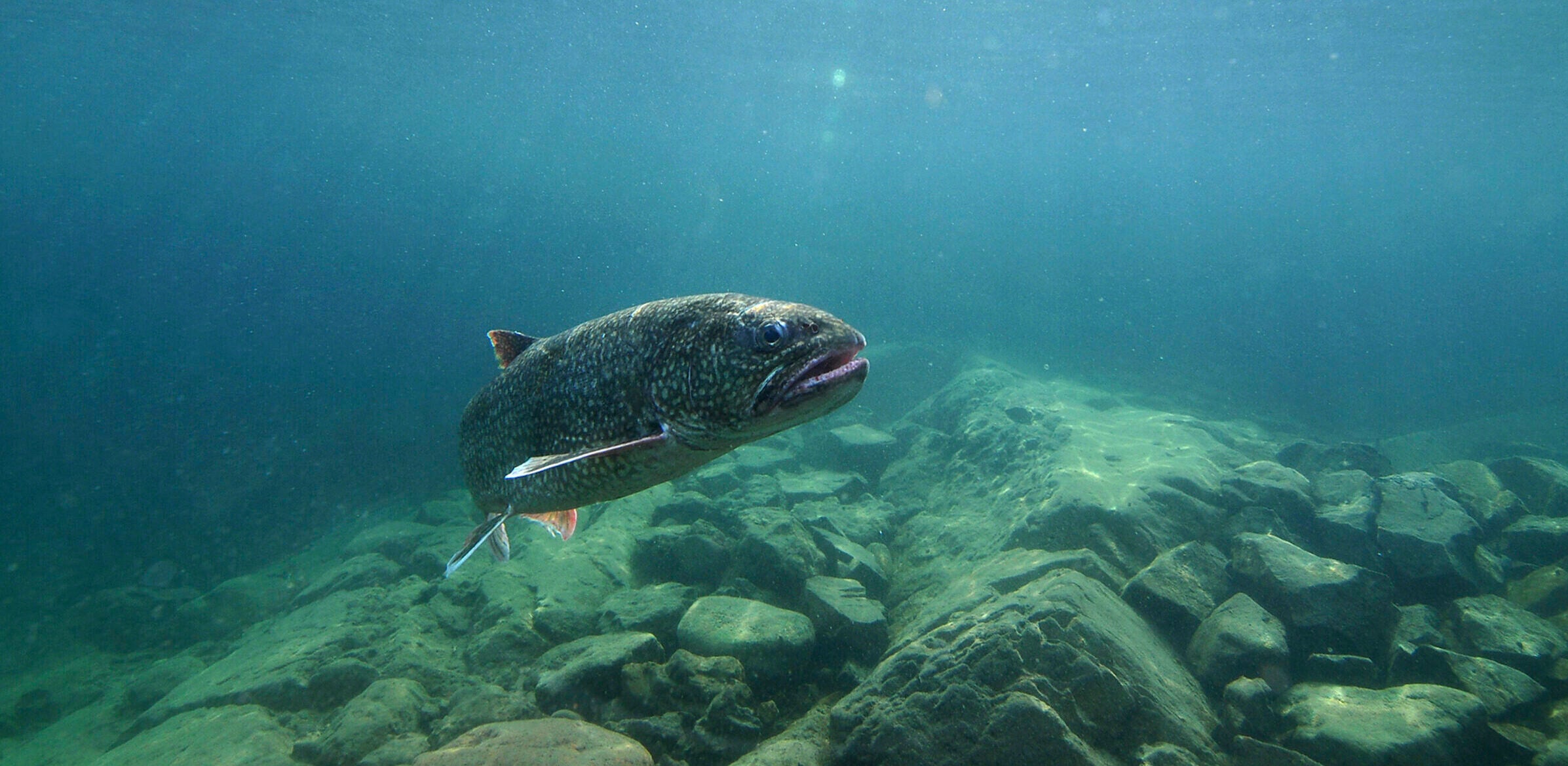Changing ecosystems and the COVID-19 pandemic are forcing commercial fishing companies to change where they fish and how they sell their products.
Sharon Moen is an outreach specialist for the University of Wisconsin Sea Grant Institute. She told Wisconsin Public Radio’s “The Morning Show” that invasive species like quagga mussels and zebra mussels in Lake Michigan have reduced the amount of food for fish species like yellow perch and whitefish.
“So, the food web changes that have happened in Lake Michigan have really disrupted the commercial fishing industry,” Moen said.
News with a little more humanity
WPR’s “Wisconsin Today” newsletter keeps you connected to the state you love without feeling overwhelmed. No paywall. No agenda. No corporate filter.
She said commercial fishing for whitefish and particularly perch has declined in areas outside of Green Bay. Moen said tributaries to Green Bay like the Fox River contribute to robust whitefish populations.
LISTEN: Updates on Wisconsin’s commercial fishing industry
The Wisconsin Department of Natural Resources has noted that while the overall population of whitefish in Lake Michigan has been in decline, the population in Green Bay is more stable. The agency notes that some commercial fishing companies would like to harvest more in the area, but anglers have expressed concern about conflicts with commercial fishers.
Populations of yellow perch, which has traditionally been a favorite species for Friday night fish fries, has declined even more than the whitefish in Lake Michigan.
“The perch situation is kind of grim,” said Moen. “It has been in decline and the catch is way down. There’s still some commercial fishing that goes on for it, but I think that’s where Wisconsin aquaculture’s future might be.”
Aquaculture, or fish farming, is a relatively small but growing industry in Wisconsin. Moen said fish farms in Minnesota are already looking into raising perch.
The COVID-19 pandemic has also created lasting change for Wisconsin’s commercial fishing industry.
“When all the restaurants shut down, which is a main buyer of some of these products, the fishers went to curbside delivery,” said Moen. “And so, they were making the fish spreads and the fish patties and the smoked fish and doing the value added products.”
Moen said wholesale prices for fish have been “tragically low” and commercial fishers are able to make much more money selling products locally. She said company owners have told her they plan to continue selling fish products locally with some opening additional retail locations along Lake Superior’s south shore in places like the Chequamegon Bay.
Wisconsin Public Radio, © Copyright 2025, Board of Regents of the University of Wisconsin System and Wisconsin Educational Communications Board.

